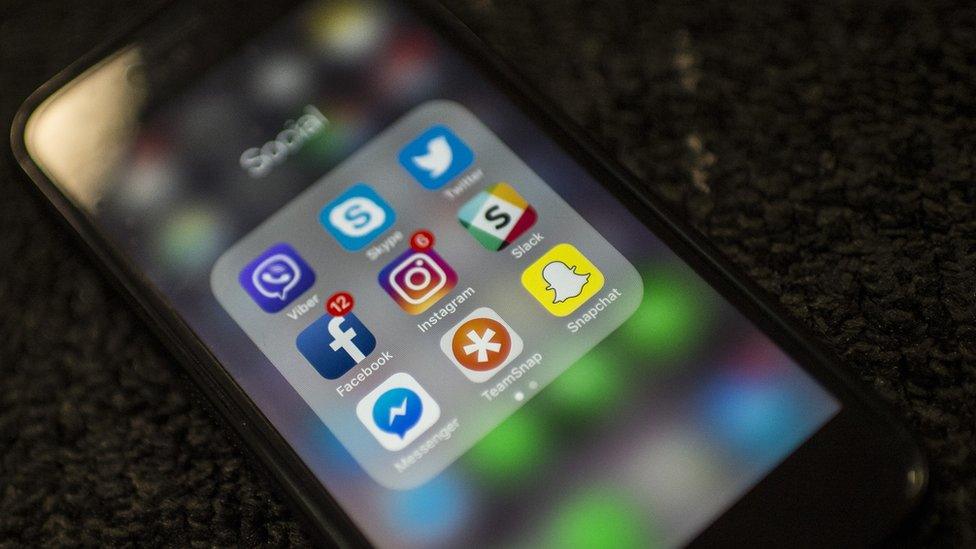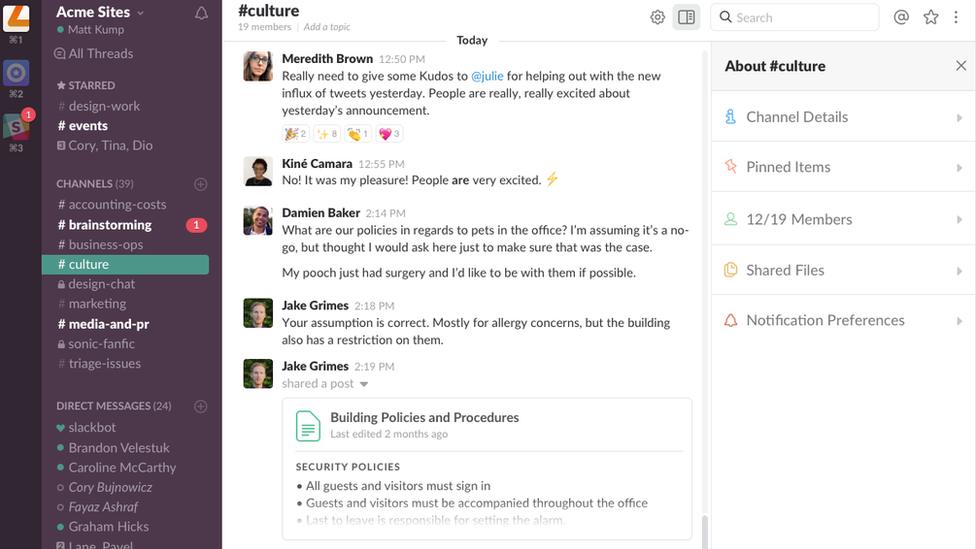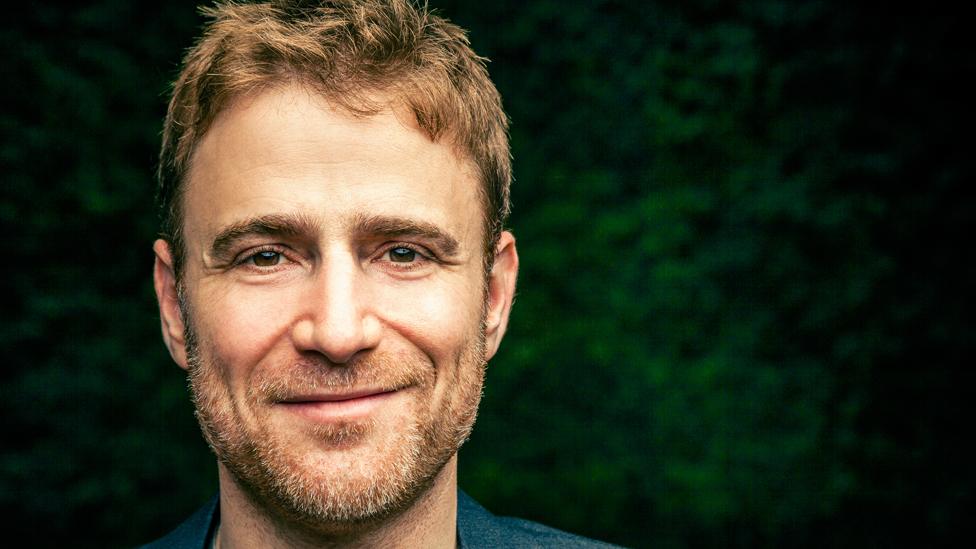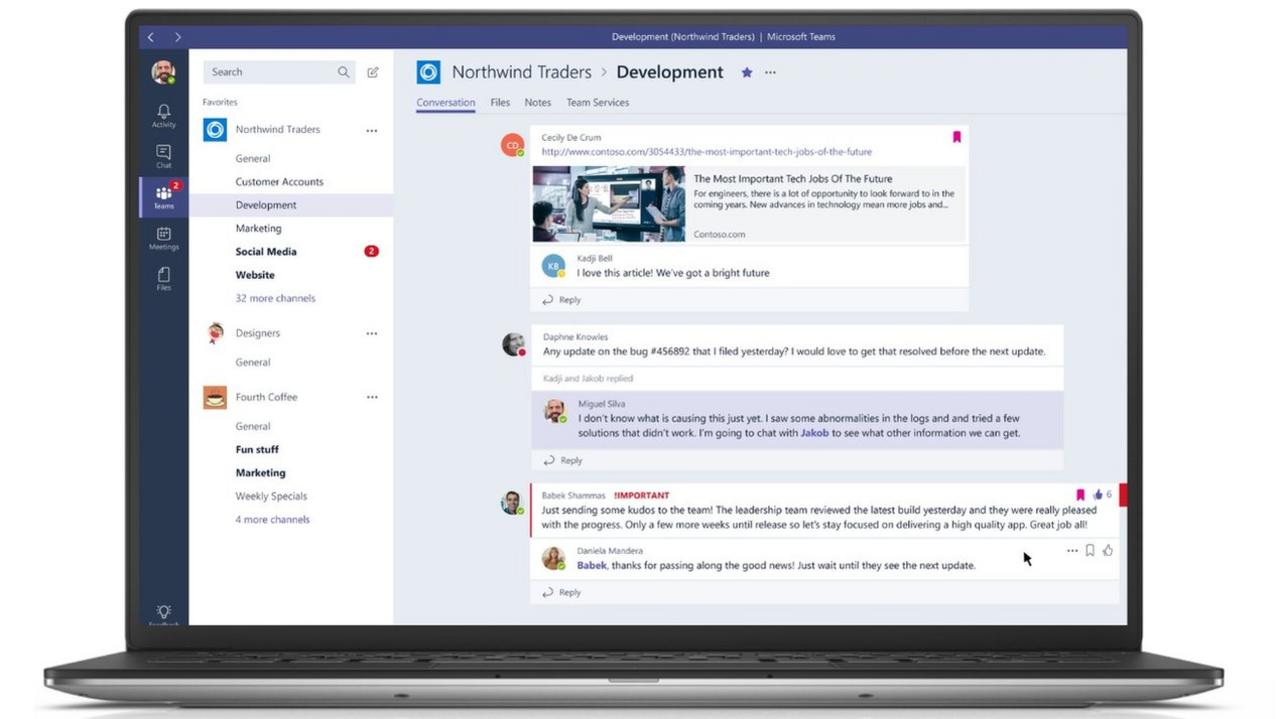Slack 'bans users' who have visited US sanctioned countries
- Published

Users whose IP addresses connected to Slack in countries like Cuba are reportedly affected
Some users of communication service Slack have reported their accounts have been closed over visits to countries under US sanctions.
The move, which Slack says is to comply with US regulations, is believed to be affecting users who have visited nations including Iran and North Korea.
But many on social media say they were not warned in advance.
Some have said they had not visited the countries in recent years, and believe their bans were in error.
Cuba, Syria and Crimea are other countries and regions where Slack says its systems may not be used.
Slack said it would individually review cases if users thought their account had been wrongly targeted.
The business messaging service is used by about eight million people every day in thousands of companies, including large firms like Airbnb and Ticketmaster.
One user, on website Hacker News, complained that his wife's sudden ban meant she had now lost access to years of work, external data including messages and files.

Slack allows colleagues to easily communicate as a group
He said she had been flagged for travelling, "legally" to Cuba "years ago" and seemed unable to appeal against the sudden closure.
Another series of tweets, by a PhD student in Canada, said he believed he was included in the ban because of his Iranian ethnicity.
Allow X content?
This article contains content provided by X. We ask for your permission before anything is loaded, as they may be using cookies and other technologies. You may want to read X’s cookie policy, external and privacy policy, external before accepting. To view this content choose ‘accept and continue’.

People have been sharing their experiences using the hashtag #SlackBan.
Some have questioned whether the move goes beyond the remit of US sanctions, which punishes firms in violation.
In a statement to website Mashable, Slack said they "prohibit unauthorized Slack use in Cuba, Iran, North Korea, Syria and the Crimea region of Ukraine", external to comply with US regulations.
It added that its systems "may have detected an account and/or a workspace owner on our platform with an IP address originating from a designated embargoed country" but said it would "review further" cases where people feel their ban is in error.
It added: "If users think we've made a mistake in blocking their access, please reach out to feedback@slack.com and we'll review as soon as possible."
- Published25 June 2018

- Published2 November 2016
